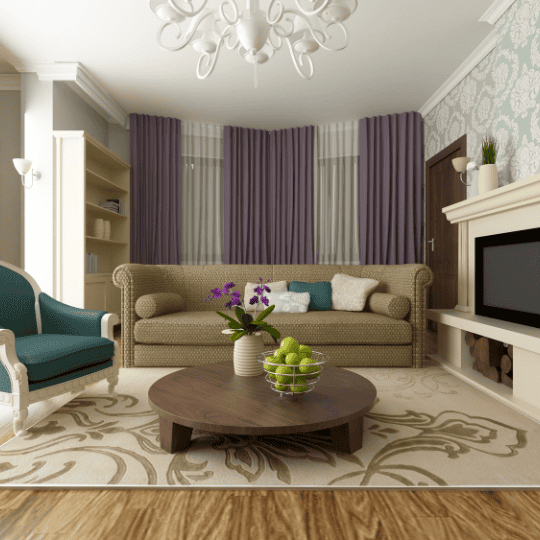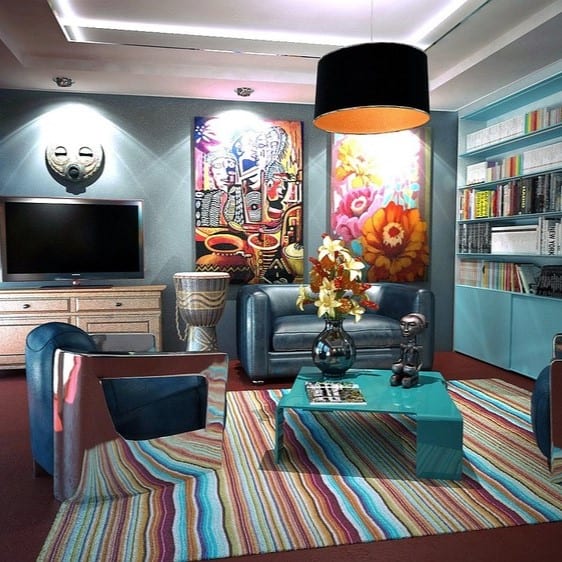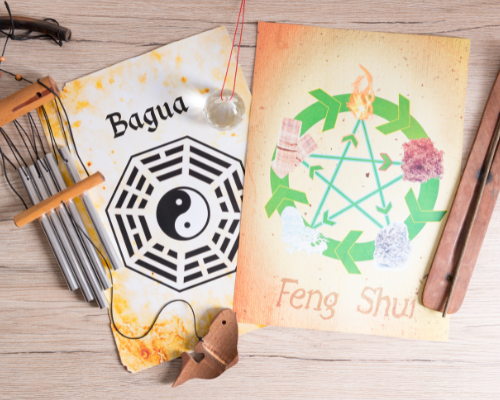
Embarking on Harmony – Feng Shui Beginner’s Basics
Table of Contents
Whether you are a total novice or someone who has dabbled in Feng Shui before, this Feng Shui beginner’s guide will provide you with the essential basics to kickstart your journey toward a more harmonious living space. Are you looking to bring harmony and balance into your home but feeling overwhelmed? These basic principles of Feng Shui are designed to be your gateway into the enchanting world of ancient Chinese philosophy.
Understanding Chi: The Life Energy
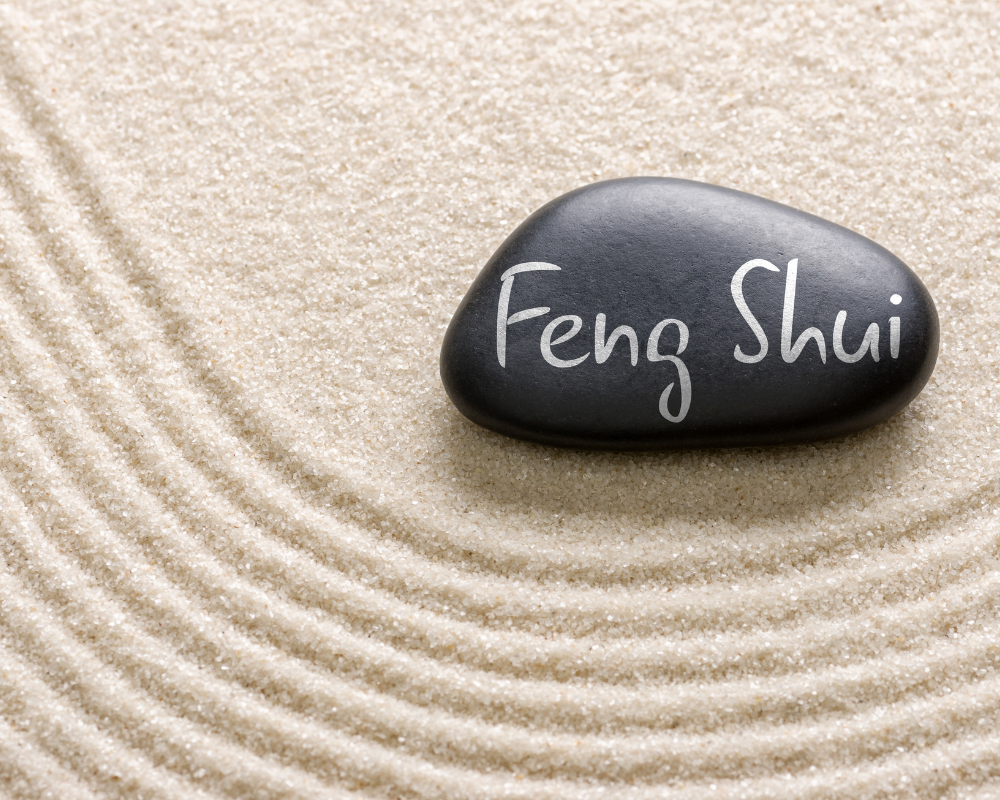
Chi, often referred to as life energy, is a fundamental concept in the practice of Feng Shui and traditional Chinese culture. It’s essential to recognize that Chi is not merely a static force but a vibrant and flowing energy that can be influenced by our thoughts, actions, and surroundings. Embracing this perspective allows us to approach our lives with greater mindfulness and intentionality while considering how we create spaces that nurture positive Chi flow. By acknowledging Chi as an integral part of our existence, we can tap into its potential for transformative healing and inner harmony in both our physical and mental landscapes.
At the core for Feng Shui beginner’s is the concept of “chi,” the life force and natural flow of energy through everything. To harness positive chi, it’s essential to keep the energy flowing smoothly within your home. Ensure there’s a balance between yin and yang energy elements, representing the feminine and masculine energies, respectively. Open spaces and good air circulation are key to maintaining a healthy flow of chi.
Bagua Map: Mapping Your Space
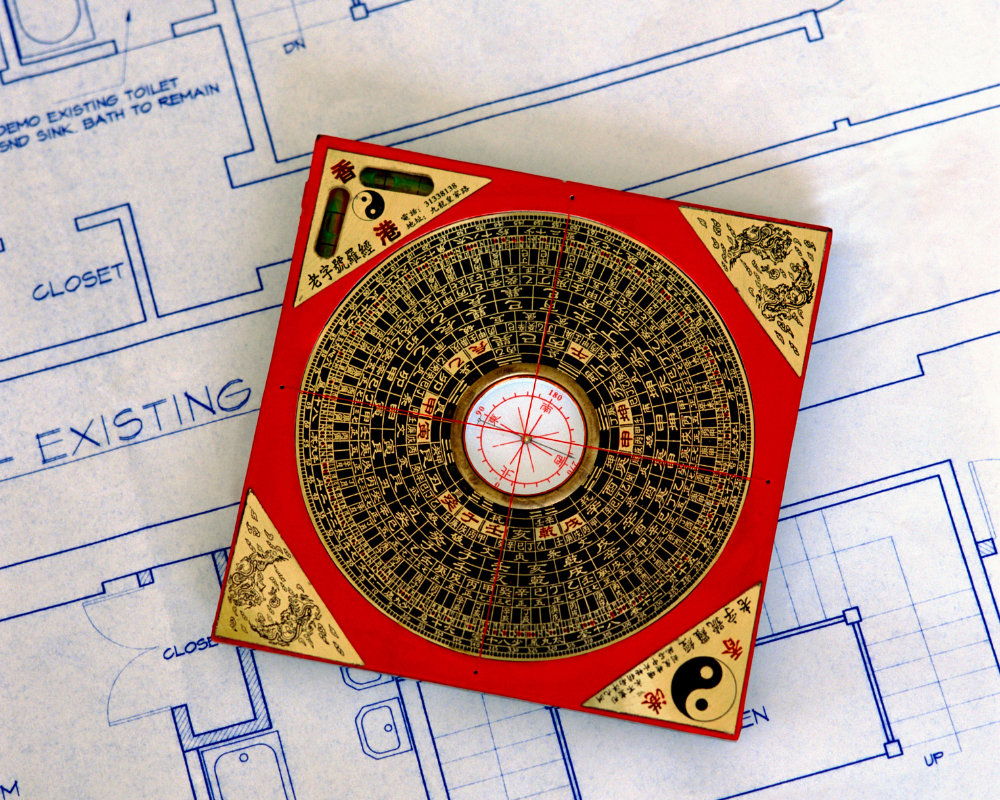
The Bagua Map, an essential tool in Feng Shui for beginners, offers a fascinating way to map and understand the energy flow within your living space. Engaging with this tool allows individuals to make conscious choices about enhancing certain energies and releasing negative ones, ultimately fostering balance and harmony.
The Bagua Map is a tool used in Feng Shui to divide your space into nine areas, each corresponding to a different aspect of life, such as wealth, love, career, and health. By aligning the Bagua Map with the layout of your home, you can identify areas that may need attention or enhancement. For example, placing symbols or colors associated with prosperity in the wealth area can attract abundance. If you find that a particular sector is cluttered or stagnant, incorporating symbols or objects representing the element associated with that area can help balance the energy. Also implementing mindful practices such as meditation or decluttering techniques can further promote positive chi within these spaces.
Declutter and Organize: Clearing the Path

Feng Shui emphasizes the importance of decluttering and organizing your living space. Clutter disrupts the flow of chi and can create stagnant energy in many aspect of your life. By organizing your living space is not just about creating a tidy environment; it’s also about clearing the path for positive good energy to flow freely. For Feng Shui beginners, this ancient practice emphasizes this importance as a way to invite harmony and balance into your life. By removing excess items and creating open spaces, you can bring about a sense of calm and clarity.
When you declutter and organize with intention, you are essentially creating space for new opportunities and growth. It’s not just about getting rid of physical clutter, but also releasing mental and emotional baggage together with negative energy that may be holding you back. In essence, this act of clearing the path serves as an invitation for positivity to enter your life in all aspects – from relationships to career and personal well-being. Embracing this holistic approach to decluttering can have far-reaching effects beyond just neatness – promoting a sense of renewal and rejuvenation at every level. Start by removing items that no longer serve a purpose or bring you joy.
Enhancing Career, Relationships, and Health
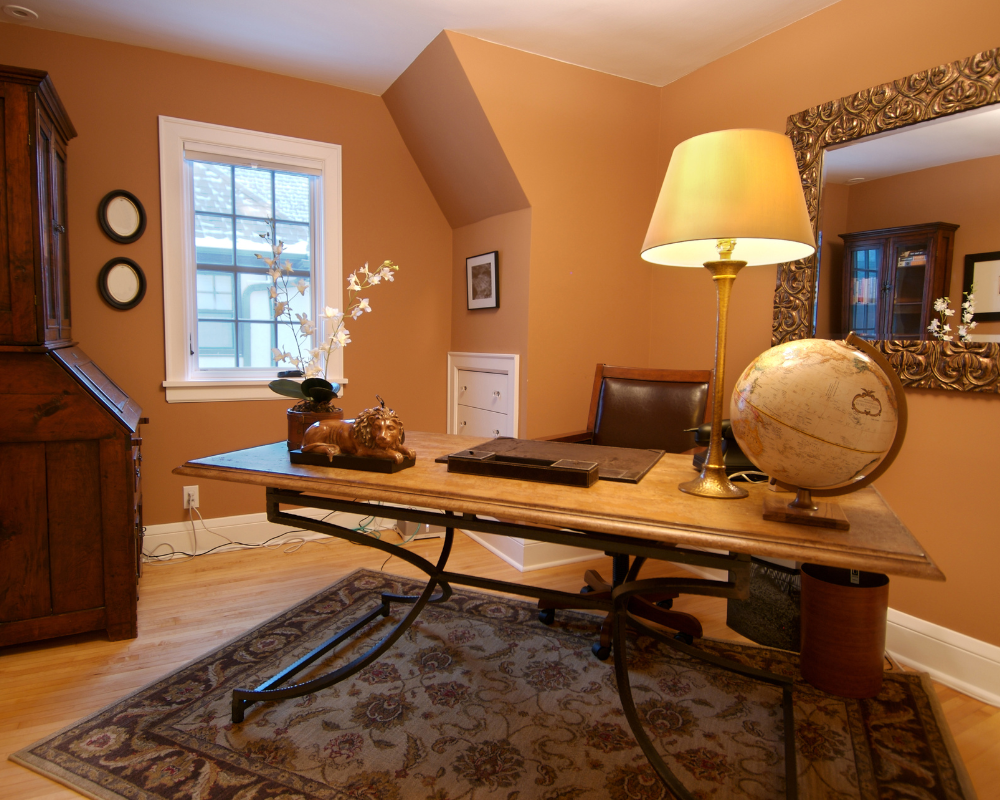
Discovering the ancient art of Feng Shui can offer a transformative approach and great way to enhancing your career, relationships, and health. By incorporating the simple basics of Feng Shui principles into your own home or home office workspace, you can create an environment that promotes productivity and success. Positioning your desk to face the entrance can invite positive energy while adding plants or using natural light can create a more harmonious atmosphere. These subtle changes can have a profound impact on your daily work experience, leading to increased focus and motivation in people’s lives.
When it comes to relationships, applying Feng Shui in your home can cultivate a sense of tranquility and balance. Creating designated spaces for quality time together and removing clutter from shared areas can foster open communication and intimacy. Utilizing calming colors like soft blues or gentle pinks in the bedroom may also promote relaxation and nurturing connections.
In terms of health, practicing Feng Shui principles by decluttering living areas will not only improve the flow of energy but also contribute to mental clarity, overall well-being and quality of life. Incorporating elements such as water features or incorporating natural materials like wood or stone into your decor could evoke feelings of peace and rejuvenation. Making these adjustments may lead to better sleep quality, reduced stress levels, and enhanced physical vitality.
The Power of the Five Elements: Wood, Fire, Earth, Metal, Water
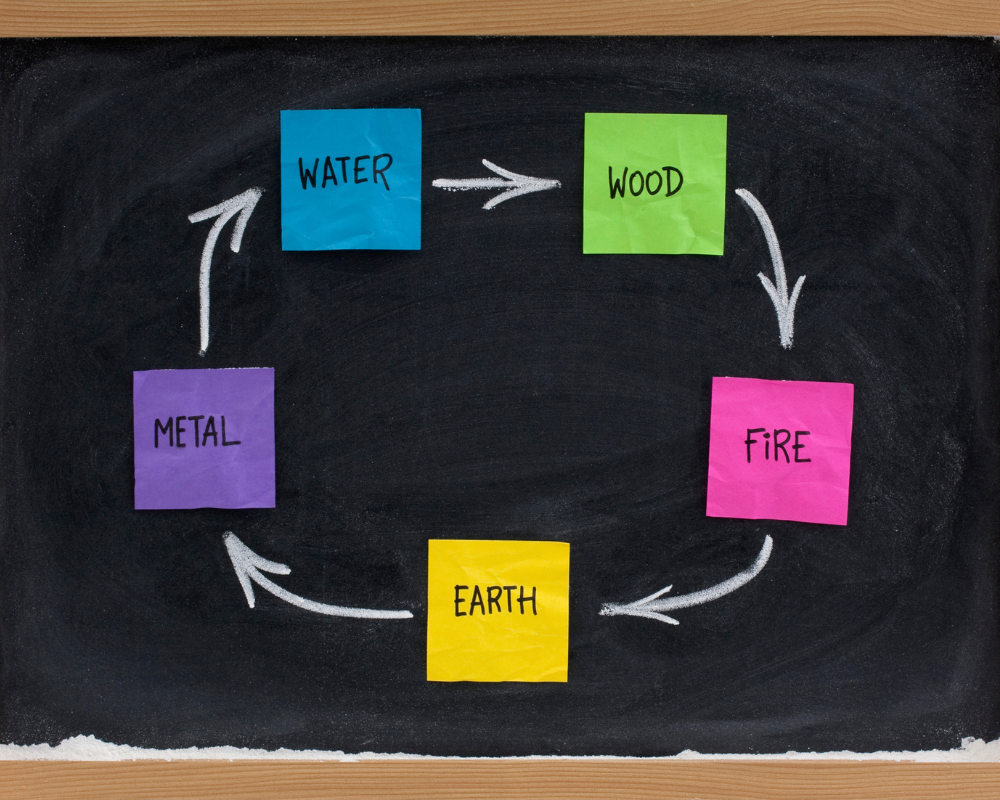
The ancient art of Feng Shui recognizes the power of the five elements – Wood, Fire, Earth, Metal, and Water – and their profound impact on our surroundings and well-being. Each element exhibits unique characteristics and influences specific areas of our lives.
Wood: Wood represents growth and flexibility, igniting a sense of expansion and creativity in the environments it inhabits.
Fire: Fire element embodies passion and transformation, kindling ambition and drive.
Earth: Earth cultivates stability and nourishment, grounding spaces with a sense of security and abundance.
Metal: Metal symbolizes strength and clarity, inspiring structure and precision within its domains.
Water: Water represents fluidity and intuition, encouraging adaptability while fostering emotional balance.
By harnessing the harmonious interplay of these elements within our spaces through intentional design choices, we can cultivate an environment that nurtures our aspirations while promoting overall well-being for all who inhabit it. Each element has unique properties and associations.
Integrate the five elements strategically throughout your home to achieve balance. For example, use plants to represent the Wood element, incorporate candles for Fire, add earthy colors and textures for Earth, introduce metallic accents for metal, and include a Water feature for the water element. Balancing these elements contributes to a harmonious atmosphere.
Furniture Placement: Arranging for Flow
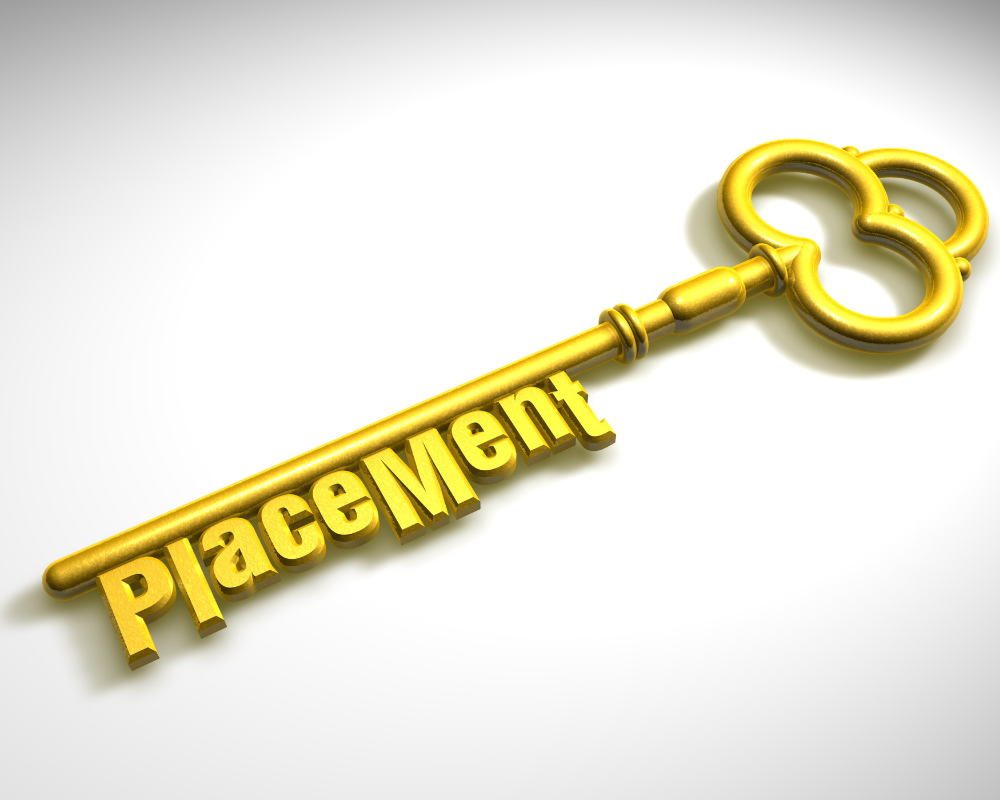
In the world of interior design when it comes to the arrangement of furniture and placement, it’s important to consider the concept of flow and energy within a space. For Feng Shui beginners, arranging furniture for optimal flow can create a harmonious and balanced environment. Consider the placement of furniture within your space to facilitate the smooth flow of energy. Avoid blocking pathways and doorways, as this can disrupt the natural movement of chi.
In the living room, placing the sofa against a solid wall can promote a sense of security and stability, while allowing for easy conversation and movement throughout the space. Incorporating rounded or curved furniture pieces can soften the energy flow and prevent sharp corners from creating stagnant areas in the room.
In bedrooms, positioning the bed in a way that allows for easy access from both sides promotes equality and balance between partners while also facilitating smooth energy flow around the bed. Avoiding placing the bed directly in line with the door can help prevent energy from rushing out of the room too quickly. By consciously arranging furniture to encourage positive energy flow, individuals can enhance their living spaces with harmony and vitality.
Place furniture in a way that encourages open and inviting spaces, allowing energy to circulate freely. Additionally, avoid sitting with your back to the door but
position your bed, desk, and stove in command positions, facing the door but not directly in line with it.
Mirrors and Light: Enhancing Energy
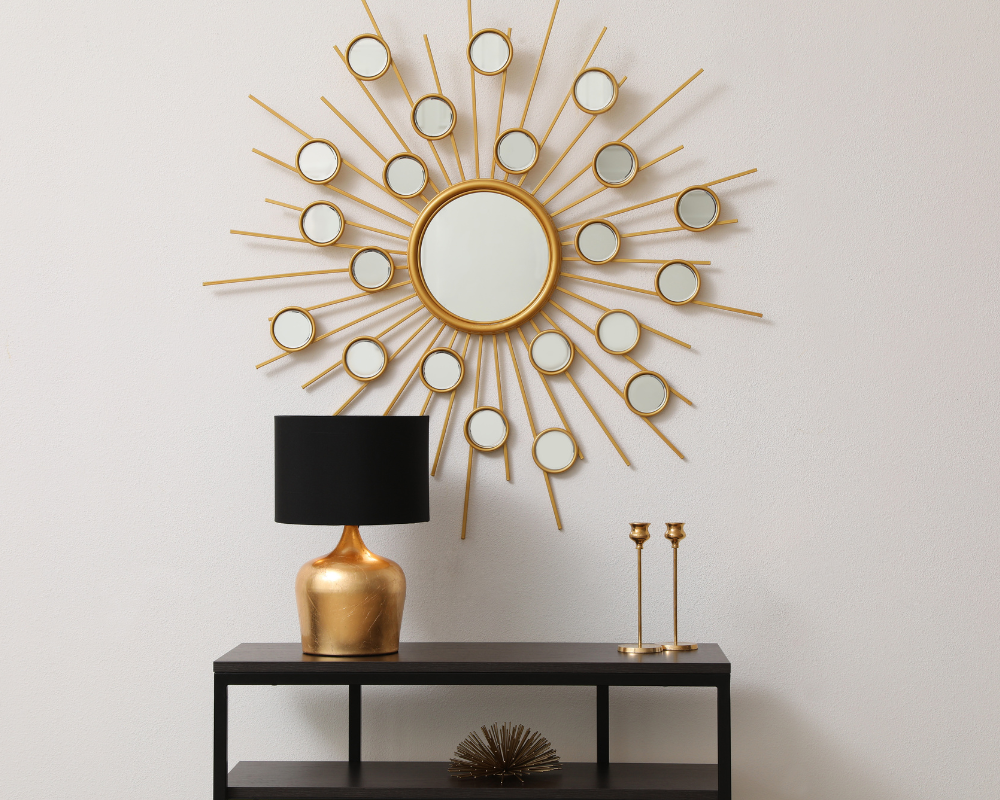
When it comes to enhancing energy in your space, mirrors and light play a crucial role, especially for Feng Shui beginners. Mirrors have the remarkable capability to reflect light and expand the sense of space, creating a sense of openness and vitality. Placing mirrors strategically can also help balance the flow of energy, or chi, within a room.
Avoid placing mirrors directly opposite the entrance area of your home, as they may reflect energy out of the front door instead of allowing it to circulate within the space. When combined with natural or artificial light sources, such as candles or lamps, mirrors can amplify this effect by dispersing and reflecting the energy throughout the space. In Feng Shui philosophy, light is considered a manifestation of positive energy. By incorporating various lighting fixtures into your environment, you can brighten dark corners and create a warm ambiance that uplifts the entire area.
Conclusion
Embarking on the journey of Feng Shui can bring positive changes to your life by creating a harmonious and balanced living environment. By incorporating these beginner’s basics, you’ll be well on your way to cultivating a space that supports your well-being, fosters positive energy, and enhances the overall quality of your life. Good luck on your journey, and enjoy the process of transforming your home into a sanctuary of balance and harmony!

